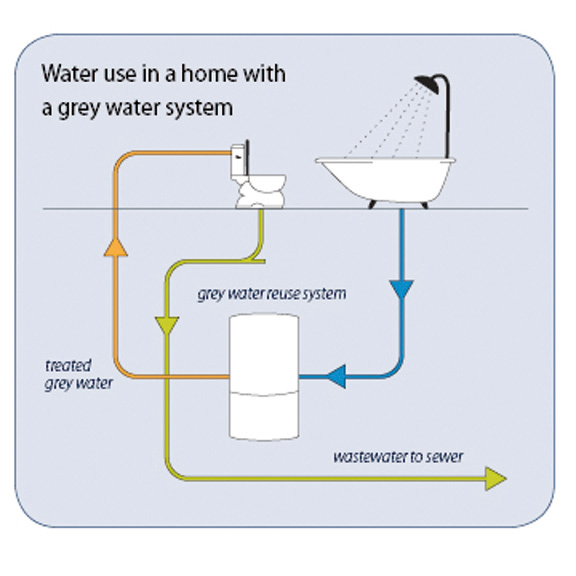

Big saving: The system can reduce dependence on expensive desalinated seawater

Conrad Prabhu -
MUSCAT -
Dec 8: Greywater treatment and reuse has the potential to dramatically reduce the nation’s dependence on expensive seawater desalination for household potable water consumption, according to a scientist at Sultan Qaboos University (SQU).
Greywater, which is defined as wastewater from non-toilet plumbing fixtures such as showers, basins and taps, accounts for roughly 80 per cent of potable water consumed within a domestic household. Greywater is distinct from blackwater, which is wastewater from toilets and bidets.
According to Dr Mushtaque Ahmed (pictured), a researcher at the College of Agriculture & Marine Science, studies conducted by SQU have proven greywater to be safe for reuse in households once suitably processed in potable treatment systems that cost no more than RO 600 apiece.
Even if 20,000 households —representing less than 5 per cent of the total number of water connections in the Sultanate — decide to instal greywater treatment systems, the aggregate investment cost would total around RO 12 million.
But savings generated as a result of reduced desalination water demand will average around 20,000 cubic metres/day, which is equivalent to the capacity of a modest size seawater desalination plant, the cost of which is exponentially higher than the aggregate cost of installing greywater treatment systems, Dr Ahmed explained.
The importance of greywater reuse was one of several options that the SQU researcher outlined in a talk delivered on the concluding day of the INTEX Oman Forum held at the Oman Convention & Exhibition Centre. The 2-day forum, which was held on the sidelines of the ongoing INTEX Oman Expo, has been organised by Global Exhibitions & Conferences LLC.
In his presentation, titled ‘More Water for Oman: Where are the Sources?’, Dr Ahmed also looked at opportunities for the treatment and reuse of, among other resources, wastewater, saline water, and oil-contaminated produced water.
Greywater treatment and reuse, he emphasised, also makes good economics based on numerous studies that looked at the environmental benefits of this process. Citing the case study involving 20,000 homes with reuse capacity, an estimated 29,000 tonnes of greenhouse gas emissions linked to global warming, will be saved every year as a result of the reduced dependence of gas-based water desalination, he noted.
Furthermore, treatment systems are simple to instal, robust and easy to maintain. They typically involve simple filtration systems, as charcoal and chlorine dosing components for purification.
With around one cubic metre of water (costing around 600 baiza) saved on average by a standard household, there is good potential for recouping investment costs within a reasonable timeframe.
The resultant savings to the government, which will not have to procure additional seawater desalination capacity corresponding to the volumes reused, amount to a “win-win” for all stakeholders, he added.
Oman Observer is now on the WhatsApp channel. Click here



